
Red Bat | The Cove Forest
Photo
(Lasiurus borealis) This bat is one of the most beautiful bats in the US. Red bats roost in trees and shrubs during the day. Moths are one of their preferred prey items.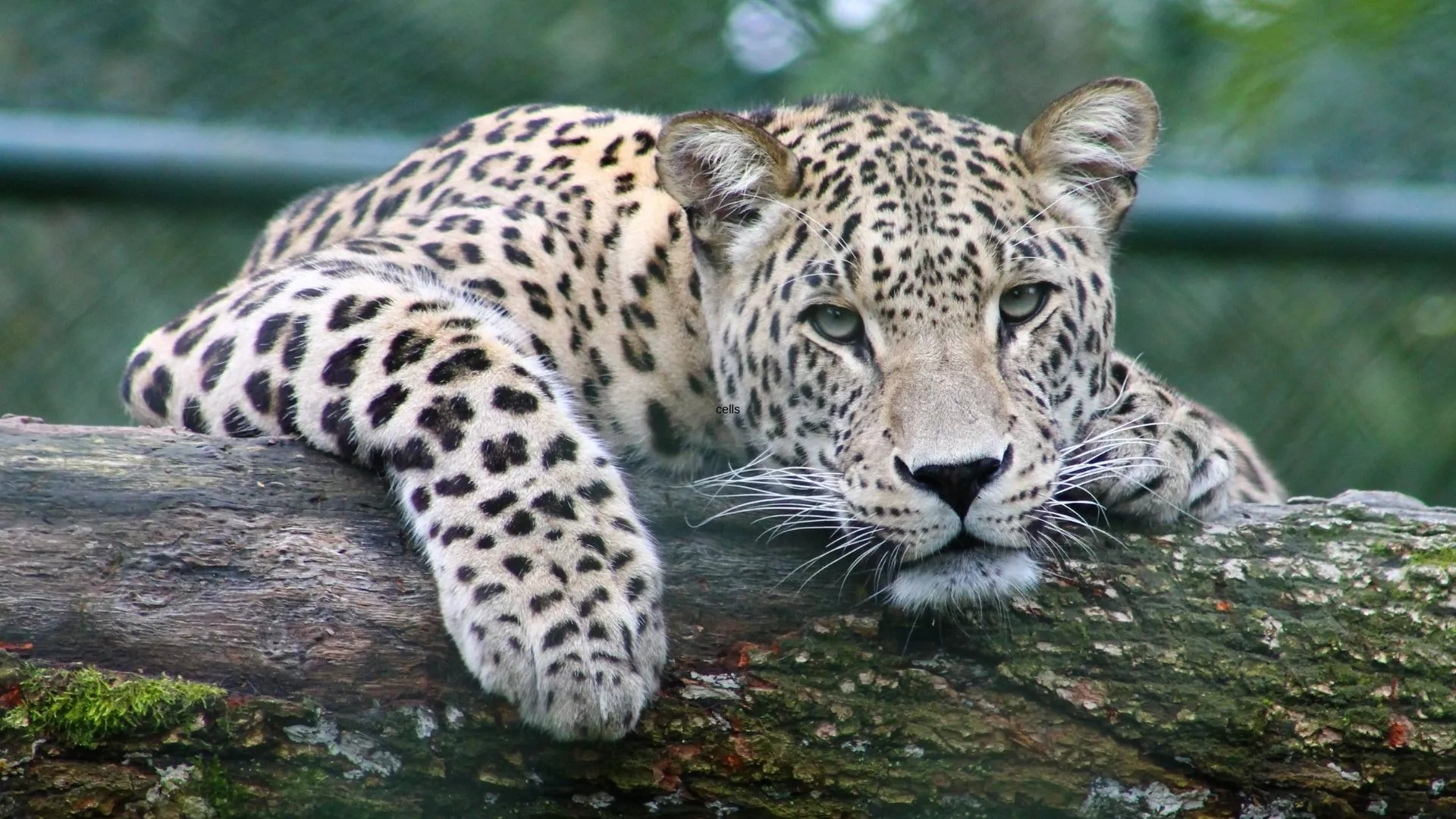

Photo
(Lasiurus borealis) This bat is one of the most beautiful bats in the US. Red bats roost in trees and shrubs during the day. Moths are one of their preferred prey items.
Photo
(Urocyon cinereoargneteus) This fox is widely distributed and associated with decidous forests. The gray fox is an omnivore and will eat fruit, insects and small mammal prey items. This is the only...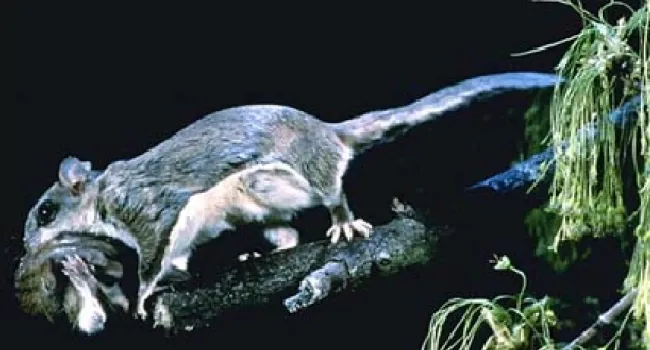
Photo
(Glaucomys volans) This squirrel is one of the most common squirrels in the cove forests. Few are seen since they are strictly nocturnal. The flying squirrel does not fly, rather it glides by using...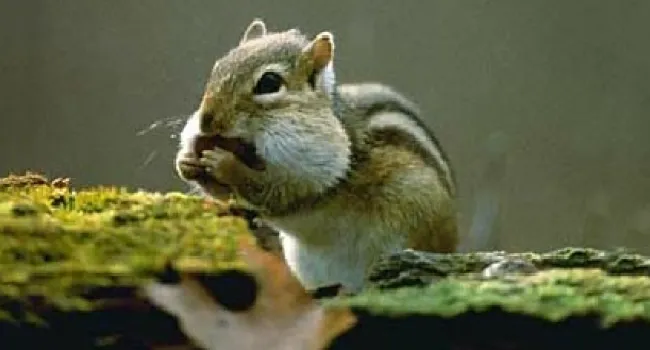
Photo
(Tamias striatus) This ground squirrel is a burrowing mammal but is adept at climbing through trees. Nuts and seeds are the primary food sources; however, flowers, leaves, fungi and small amphibians...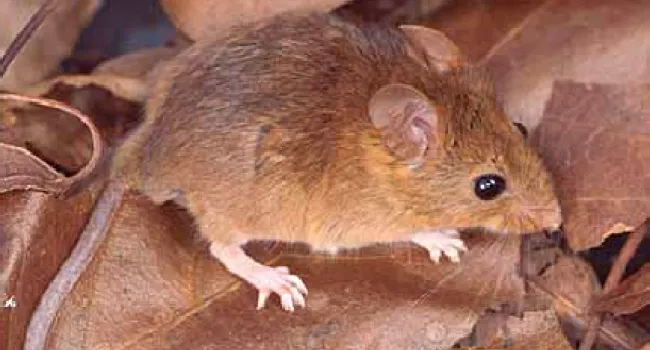
Photo
(Ochrotomys nuttali) This rodent is one of the most beautiful of our native mice. A light to brilliant orange-gold fur is characterstic of the adults. This mouse uses shrubs and vines as a serial...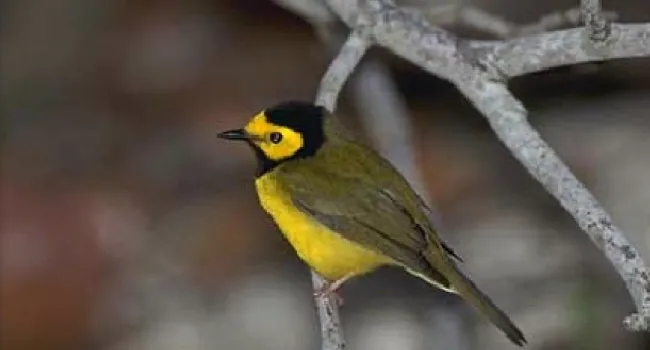
Photo
(Wilsonia citrina) These warblers are common in the moist hardwood forests of the southeast. Their feeding activity is usually concentrated in the understory bushes. They consume insects on the ground...
Photo
(Seiurus aurocapillus) This bird requires mature hardwood forests for successful breeding. Often observed walking on the leaf litter of the forest floor searching for insects. Its call is heard as a...
Photo
(Empidonax virescens) This flycatcher prefers deciduous forests that are associated with relatively moist habitats such as those found along rivers. High affinity for sites with high shrub densities...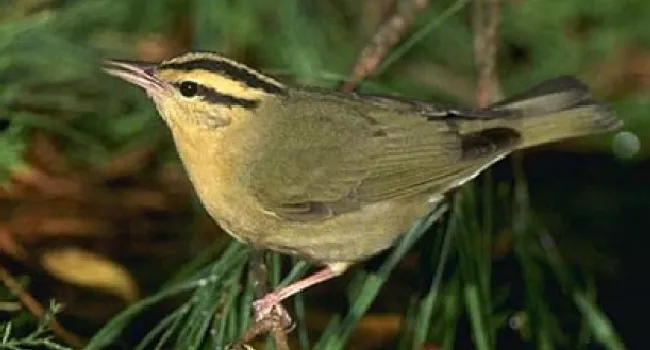
Photo
(Helmitheros vermivorus) An insect eater that does not feed heavily on earthworms. Most feeding is concentrated at the ground or shrub levels. Prefers dense wooded areas, especially cool, shaded...
Photo
(Piranga olivacea) This species is also usually in the top ten list of common birds in mature oak-hickory and cove hardwood forests. Prefers to forage in oak trees and in forests with closed canopies...